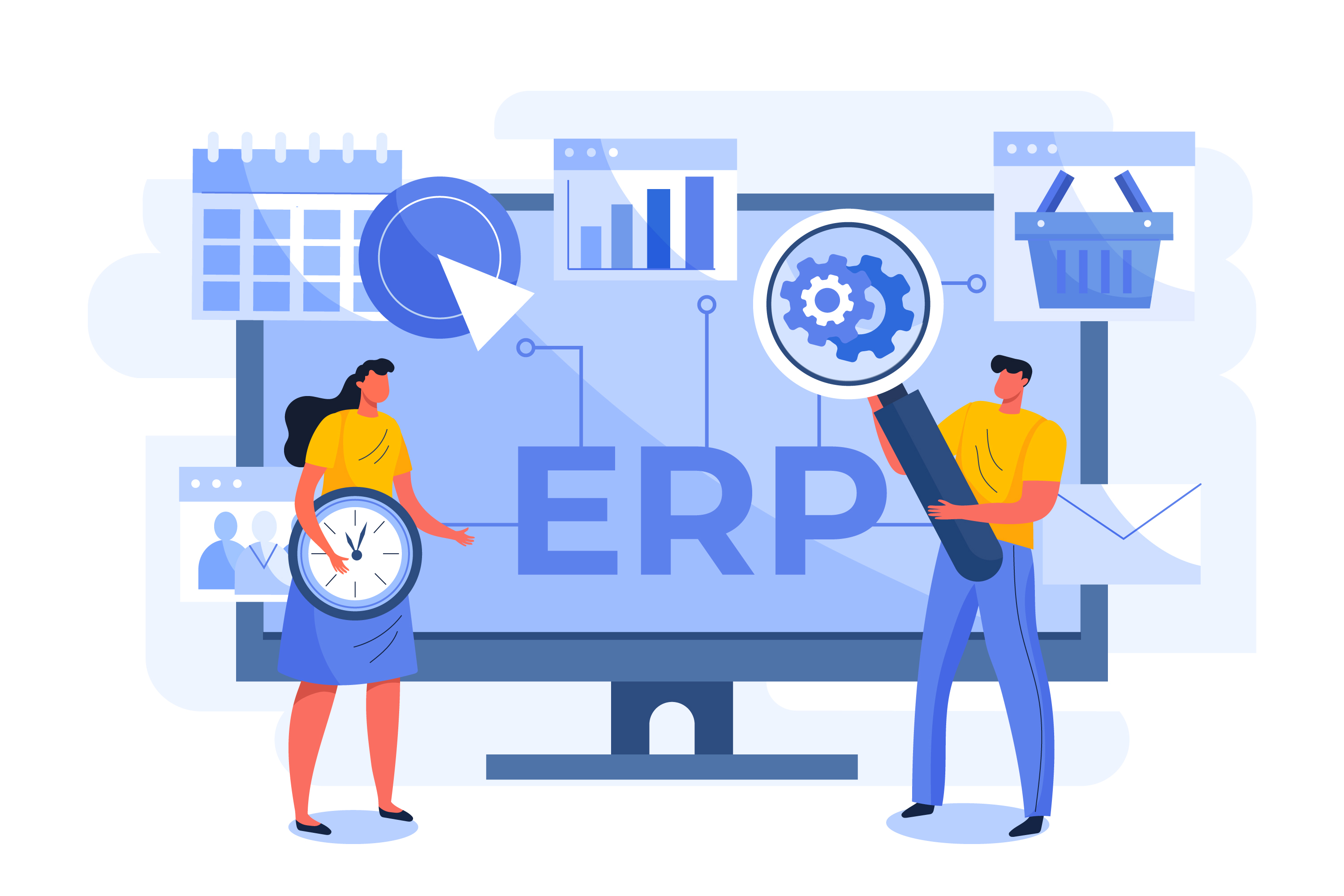
Efficient manufacturing operations are crucial for businesses to thrive in today's competitive landscape. The integration of Enterprise Resource Planning (ERP) systems has proven to be a game-changer for manufacturers, enabling them to streamline operations, improve productivity, and achieve greater profitability. In this blog, we will explore the key steps and strategies for successfully streamlining manufacturing operations using ERP, ensuring a smoother and more efficient production process.
Understanding ERP in Manufacturing
ERP is a comprehensive software solution designed to integrate and automate various business functions, including inventory management, production planning, procurement, and more. In the manufacturing context, ERP serves as a centralized platform that connects all departments, streamlines processes, and provides real-time visibility into operations. By implementing an ERP system for manufacturing, businesses gain the tools they need to enhance efficiency, reduce costs, and drive continuous improvement.
How ERP can be Helpful in Manufacturing?
Streamlined Processes:
ERP integrates various business functions, such as inventory management, production planning, procurement, and quality control, into a single, centralized system. This integration eliminates data silos and streamlines processes, enabling smoother operations and reducing manual errors.
Real-Time Visibility:
ERP provides real-time visibility into manufacturing operations, allowing stakeholders to access accurate and up-to-date information about inventory levels, production status, and resource availability. This visibility enables better decision-making, improved coordination, and the ability to respond promptly to changing demands or issues.
Improved Inventory Management:
ERP systems optimize inventory management by automating processes such as demand forecasting, material requirements planning, and order management. This ensures optimal stock levels, minimizes carrying costs, prevents stockouts, and enables efficient order fulfilment.
Efficient Production Planning and Scheduling:
ERP enables manufacturers to effectively plan and schedule production activities. It considers factors such as resource availability, lead times, and customer demands to create optimized production schedules. This results in better resource utilization, reduced downtime, improved on-time delivery, and increased productivity.
Enhanced Quality Control:
ERP supports quality control processes by providing tools for managing inspections, capturing quality data, and tracking non-conformities. It enables manufacturers to enforce standardized quality control procedures, identify areas for improvement, and take corrective actions promptly, ensuring consistent product quality.
Effective Supply Chain Management:
ERP systems facilitate better supply chain management by automating procurement processes, optimizing supplier selection, and improving logistics coordination. This leads to improved supplier relationships, reduced lead times, better inventory control, and enhanced cost efficiency.
Data-Driven Decision-Making:
ERP systems generate comprehensive reports, dashboards, and analytics tools that provide valuable insights into manufacturing performance, KPIs, and trends. This data-driven approach empowers manufacturers to make informed decisions, identify areas for improvement, and drive continuous process optimization.
Regulatory Compliance:
ERP systems help manufacturers comply with industry-specific regulations and standards by providing tools for tracking and documenting compliance-related activities. This ensures adherence to quality standards, safety regulations, and environmental requirements.
Selecting the Right ERP Solution
Selecting the most suitable ERP solution for manufacturing operations is crucial to the success of the implementation. Manufacturers must consider factors such as industry-specific features, scalability, ease of integration, and the vendor's track record. Evaluating different ERP systems, conducting demos, and involving key stakeholders in the decision-making process can help in making an informed choice. It is also important to assess the long-term support, training, and customization options provided by the ERP vendor.
Conclusion:
In conclusion, implementing an ERP system tailored for manufacturing is a transformative step toward streamlining operations and driving success. With its ability to integrate processes, provide real-time visibility, and optimize key areas such as inventory management, production planning, quality control, and supply chain management, ERP empowers manufacturers to enhance efficiency, reduce costs, and make data-driven decisions. By embracing ERP and fostering a culture of continuous improvement, manufacturers can stay competitive in the rapidly evolving landscape of manufacturing, deliver exceptional products to customers, and achieve long-term growth and profitability.



























